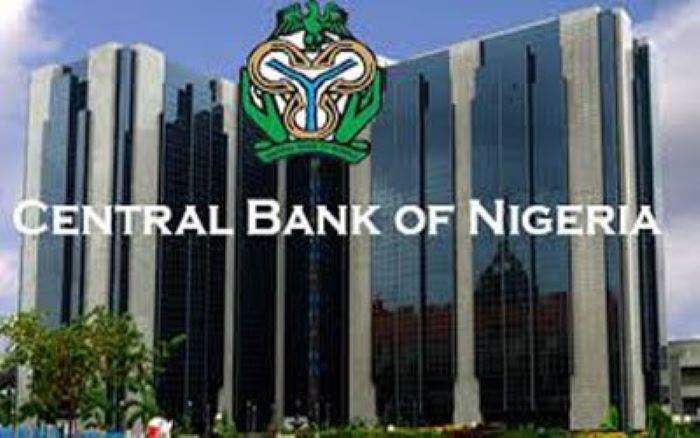From Anthony Nwachukwu, Lagos
To mitigate the impact of Thursday’s sudden increase in the rate for duties on cargoes at the seaports from N783.174/$1 to N951.941/$1, Compt. Dera Nnadi of the Tin Can Island Port Command of the Nigeria Customs Service (NCS) has promised freight forwarders and importers optimised service delivery and enhanced trade facilitation.
He said that though the agency woke up to see the new rate, it was aware that the freight forwarders, having given their clients the cost of clearing their goods, importers might find it difficult to raise additional money to make up for the sudden increase in exchange rate.
“In the course of that, there may be delay and demurrage will be incurred on those cargoes. So, on my own part as customs, what I told the clearing agents this morning before I came here was that we will optimise our service delivery.”
Nnadi, who represented the Comptroller-General of Customs at the League of Maritime Editors’ (LOME) silver jubilee celebration in Lagos Thursday, gave the assurance while fielding questions about the impact of the Central Bank of Nigeria’s (CBN) sudden rate adjustment on the economy of importers and the nation at large.
He disclosed that the customs woke up this (Thursday) morning to discover that the exchange rate, which is the yardstick for collecting customs duty, and which was N420/$1 before June/July, jumped to N775/$1 in July, and N778/$1 shortly after, has increased to N951/$1.
To cushion the effect, however, he assured importers and freight forwarders that his command would facilitate customs processes: “We will try and facilitate trade so that whatever little thing you would have paid as demurrage can be used to make up for this.
“That’s the one I can manage. The other ones, the Nigeria Customs Service cannot manage it because it’s a function of Federal Government’s directive.”
He explained that the NCS was in the same dilemma with other Nigerians, adding: “There’s no supermarket where they sell customs’ bread, all of us buy from the same place. Everything that happens to the economy affects customs officers too.
“We understand the implications of this to trade, bearing in mind that letters of credit have been opened, contracts have been signed, supply requirements have been made, people have negotiated business transactions and decisions have been taken based on the existing exchange rate,” Nnadi said.
“And we recognise the import of this exchange rate adjustment, especially when it is done without a prior notice on trade. Before I came here this morning, I addressed freight forwarders in Tin Can Island Port.
“We recognise what the Nigerian business community is going through now but there is little we can do about fiscal and monetary policies. Our role is to implement them. We didn’t make them, but we align ourselves with government policies.”
Nevertheless, “Nigerians should understand that most of our trade activities are highly subsidised, there are no two ways about it. I served in Seme, and I know that every morning, it was very easy for people from Benin Republic to trek into Nigeria to buy items and go back.
“That does not mean that one will support increase in our tariff regimes and rates all the time, but I also expect that Nigerians should be patriotic enough to obey government policies when they are issued because every government policy is issued in the best interest of the nation.” END


